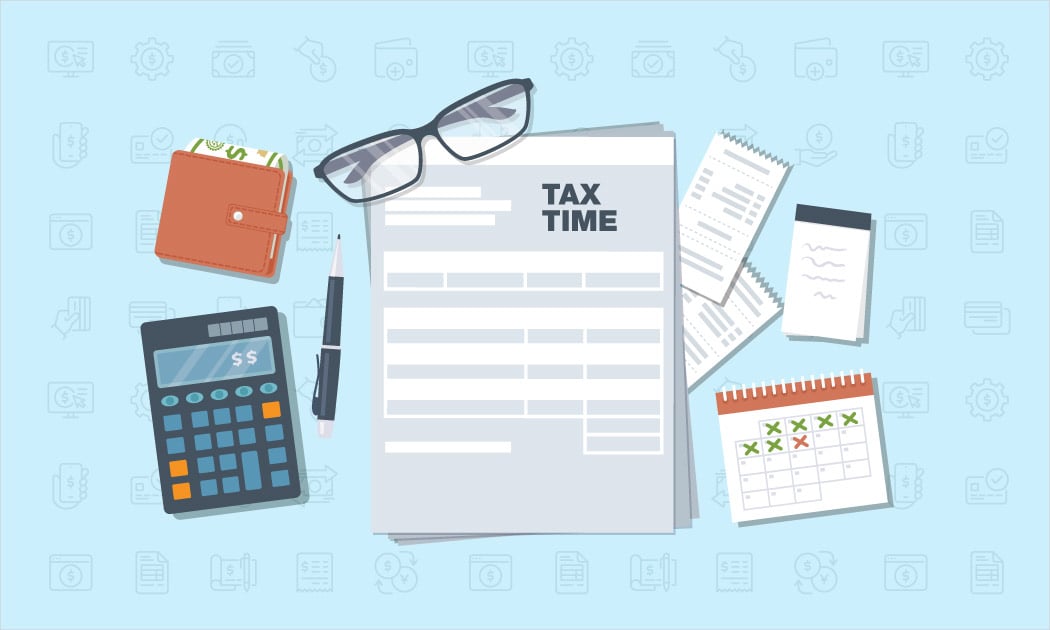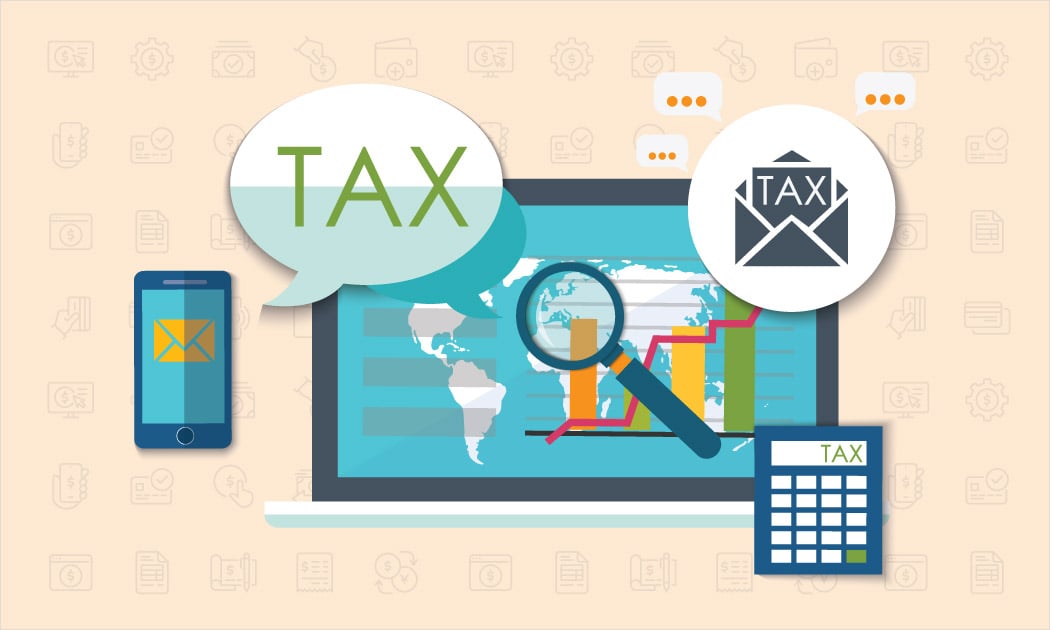The Payroll Blog
News, tips, and advice for small business owners
- Home
- Resources
- Payroll Blog
- Last Quarter Tax Tips
Last Quarter Tax Tips
At this stage in the year, it’s likely been a few months since you’ve thought about taxes.

With the main tax filing deadline in April, it’s easy to put taxes to the back of your mind. As we start the last quarter of the year, it’s time to put your tax cap back on and begin to prepare for the end of the year and even next year’s tax season. We have some tips that you can implement in your small business now to end this year strong and be in a good spot for next year.
Make a Plan for Year-End Payroll and Taxes
There is always a lot of excitement at the end of the year between changing seasons, holiday parties, vacation days, and more. Amid that excitement, it’s necessary to keep payroll and taxes top of mind as there are many tasks you’re required to do as a small business owner. Some items to put on your list are:
- Review bank holidays. Because there are so many holidays in the final months of the year, there are more bank holidays to be aware of. A bank holiday is a day in which financial institutions are closed, so if your employees should be paid on that day, you’ll want to adjust your payroll schedule so they get paid ahead of time if possible. If you can’t process payroll ahead of time, give your employees a heads up that they will be paid later than expected.
- Plan for extra payrolls. The end of the year is a common time to give employees a bonus. It’s important to remember that bonuses and other holiday pay need to be treated like any other paycheck and are subject to the same payroll and tax calculations as a standard paycheck.
- Have employees review Form W-4. As a small business owner, you’re responsible for issuing Form W-2 to employees by January 31st. Have employees review Form W-4 and make a note of any significant changes regarding their personal information. This could include a name change due to marriage or a change in address. Getting accurate information ahead of time will prevent making any corrections to Form W-2 later.
Look for Payroll and Tax Help Early
If you don’t have the energy to handle payroll anytime, especially at year-end, it could be time to get some outside help. Thankfully there are a few places to turn for help.
- Accountants and bookkeepers. Working with an accountant or bookkeeper throughout the year can be really helpful and set you up for even more success at year-end because they will know all about your business and financial situations already. If you don’t currently work with an accountant or bookkeeper, don’t stress because the end of the year is a great time to start that relationship. With their guidance, you can get help planning for tax season, mapping out financial goals for the new year, and ensure that you’re meeting important tax filing deadlines.
- Online payroll services. While you can sign up with an online payroll service at any point throughout the year, the end of the year is considered the best time to switch payroll services. When you start fresh with a new payroll service in January, you won’t have to enter wages for employees from the previous year and you can start on a clean slate. Use this final quarter of the year to research online payroll services and get everything ready if you’re looking to make a switch.
Understand Estimated Quarterly Taxes
As a small business owner, did you know that you might have to be paying estimated quarterly taxes? If you expect to owe less than $1,000 in taxes after subtracting federal income tax, then you are exempt. If you expect to owe $1,000 or more, you will likely have to make payments each quarter. This applies to individuals, including sole proprietors, partners and S corporation shareholders. For C Corporations, they generally have to make payments if they expect to owe $500 or more. Additionally, if you are a contract worker, or have contract employees, quarterly tax payments are also expected.
For this last quarter of the year, the important deadlines are September 15th and January 15th. For more information plus a breakdown of the payment periods that coincide with these deadlines, the IRS has a chart to help.
Get Organized for Tax Season
Even though the April 15th deadline is months away, it never hurts to start organizing early. There are many tax deductions that small business owners qualify for. To reduce the possibility of owing the government more in taxes, start looking for receipts now for the top tax deductions. Getting taxes done early in the season has a variety of benefits including easier access to your accountant or bookkeeper, avoiding tax fraud schemes, receiving a refund sooner, and you remove the possibility of missing the deadline and owing fines for that.
Bottom Line
Payroll and taxes can be overwhelming, but with a little planning and organization, they can be manageable. The fall is a great time to pause and reflect on how the year has gone so far and create some attainable goals to finish out the year. With the back to school mentality, it’s a good time to fall into better business habits.
Related Blog Posts
View Our Plans and Pricing
Small Business Is Our Business.
This website contains articles posted for informational and educational value. SurePayroll is not responsible for information contained within any of these materials. Any opinions expressed within materials are not necessarily the opinion of, or supported by, SurePayroll. The information in these materials should not be considered legal or accounting advice, and it should not substitute for legal, accounting, and other professional advice where the facts and circumstances warrant. If you require legal or accounting advice or need other professional assistance, you should always consult your licensed attorney, accountant or other tax professional to discuss your particular facts, circumstances and business needs.



